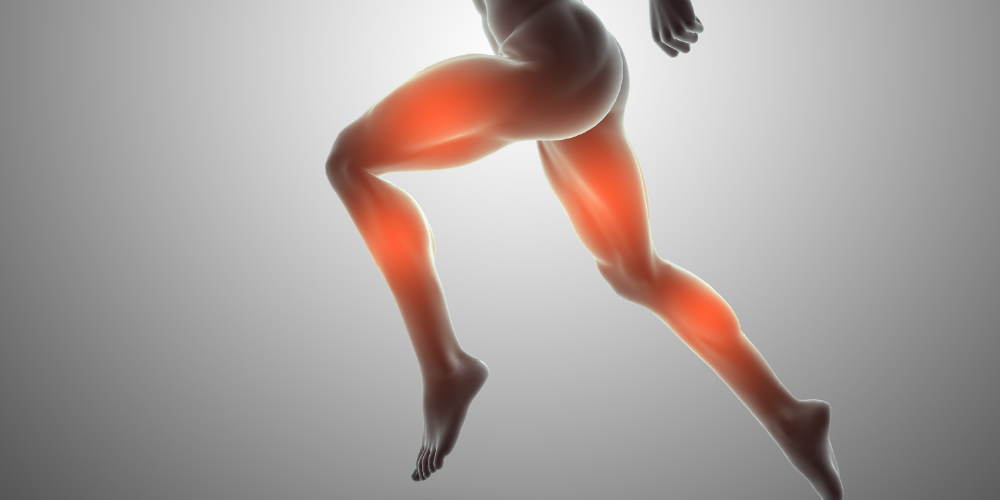The majority of American men and women will undergo a surgical procedure at one time in their lives. Many surgeries are minor, and the healing process is quick and essentially painless. Some surgeries, however, are a bit more invasive, and will require a longer and more intensive recovery period. Most of the time, the anxiety leading up to a surgery will be the most unbearable part of the entire experience. Undergoing a surgical procedure of any kind can be somewhat scary, especially if you do not know what to expect once the procedure has been completed. Speak with a medical professional before the procedure has occurred, so that you know what to expect. Discussing potential pain as soon as possible will also allow you to make recovery-related arrangements (such as time off of work and increased bed rest). It will also work to reduce potential anxiety. Of course, some post-surgery pain is impossible to predict. You may experience surgical complications, and because everyone tolerates pain differently, your recovery time may be longer (or shorter) than you initially anticipated. If your pain lasts longer than you believed it would, it is important that you inform your doctor or surgeon as soon as possible.
Symptoms of Pain After Surgery
Depending on what type of surgery a patient undergoes, symptoms of surgery-related pain will vary significantly. However, common symptoms of pain after surgery may include:
- Redness and swelling of the affected area
- Shortness of breath
- Fever (often 100 degrees or higher)
- Gastrointestinal issues, such as nausea and vomiting
- An infection surrounding the wound, usually characterized by abnormal discharge
If you are suffering from any of these symptoms, you must seek professional care immediately in order to prevent serious complications. Less serious symptoms, but symptoms that still warrant medical attention, may include:
- Persistent and long-term pain
- Pain when engaging in certain activities
- Difficulty completing daily tasks
If pain after surgery is disrupting your life in any way, treatment is available.
Treatment for Pain After Surgery
If pain after surgery is mild, it can usually be successfully treated with increased bed rest and analgesic painkillers, such as ibuprofen. In some cases, physical therapy will also be necessary in order to reduce pain and speed up the healing process. If pain after surgery is the result of an infection, more intensive measures may be necessary.
How Comprehensive Pain of the Palm Beaches Heals Pain After Surgery
We have extensive experience working with men and women who experience ongoing pain after surgical procedures, and are well-versed in treating both acute and chronic pain. We will take a close look at personal history, and develop an efficient and comprehensive treatment plan based on your specific circumstances.
If you are suffering from pain after surgery, we can help. Call (561) 434-7577 and let the caring staff at Comprehensive Pain of the Palm Beaches get you on the path to healing.


